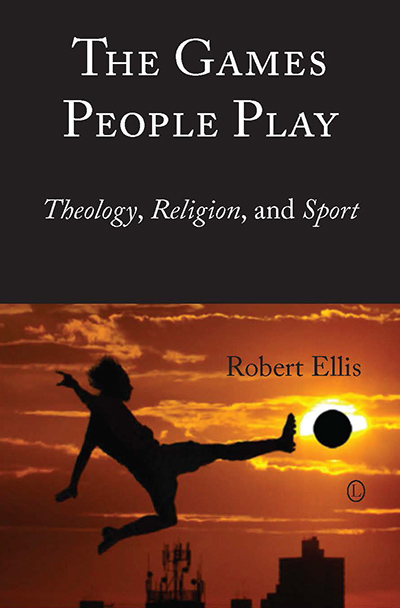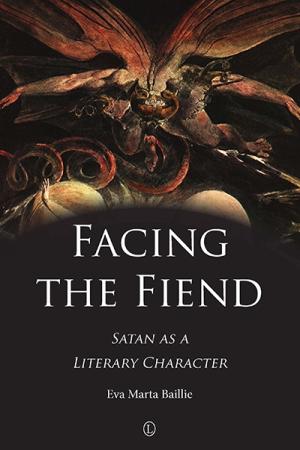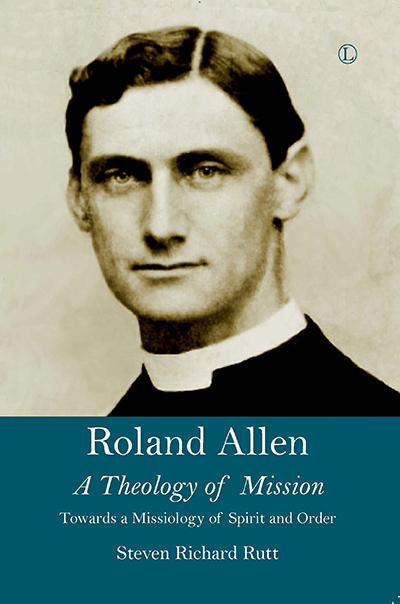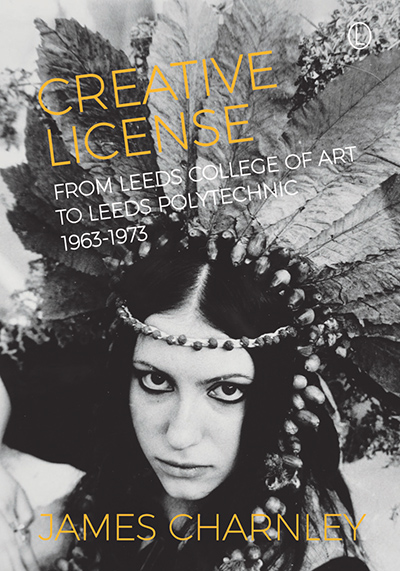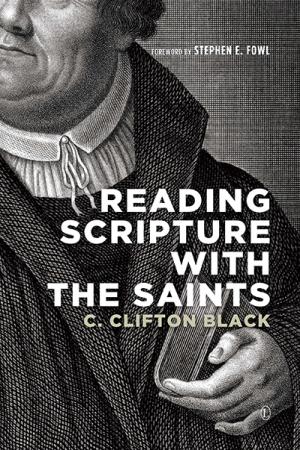Description
In The Games People Play, Robert Ellis constructs a theology around the global cultural phenomenon of modern sport, paying particular attention to its British and American manifestations. Using historical narrative and social analysis to enter the debate on sport as religion, Ellis shows that modern sport may be said to have taken on some of the functions previously vested in organized religion. Through biblical and theological reaction, he presents a practical theology of sport’s appeal and value, with special attention to the theological concept of transcendence.
Throughout, he draws on original empirical work with sports participants and spectators. The Games People Play addresses issues often considered problematic in theological discussions of sport, such as gender, race, consumerism, and the role of the modern media, as well as problems associated with excessive competition and performance-enhancing substances.
About the Author
Robert Ellis is Principal of Regent’s Park College, Oxford, and a member of the Faculty of Theology and Religion at the University of Oxford.
Contents
Introduction: A Grandstand View at the Cotswold Olimpicks
1. Reaching for the Heavens: A (Very) Brief History of Religion and Sport
Sacred Sport?
“Keeping Company with the Devil”?
Conversion to Sport?
Conclusion
2. A Question of Sport: Sport in Contemporary Society
Sport and Business
Sport and the Media
Sport and Consumerism
Sport and Gender
Sport and Ethnicity
Sport and Politics
Conclusion
3. 1851 and All That: Losing My Religion?
Sundays: “the Lord’s day” or “a day at Lord’s”?
Religion and Sport in the UK: What the Numbers Tell Us
American Exceptionalism: Sport and Religion
Sport and the Functions of Religion
Conclusion
4. Play and Sport: Initial Theological Explorations
Defining “Play” and “Sport”
Sport in the Bible? Paul’s Sporting Imagery
God the Creator: Deus Ludens and the Game of Love
Playful Wisdom: Proverbs, the Song of Songs, and Ecclesiastes
Sabbaths and Festivals: Playful Rest
Play, “Signal of Transcendence”
The End of Play
5. “A Matter of Life and Death”? Playing and Winning
Why Play Sport? What the Players Say
Why Play Sport? Sociocultural Factors
Why Play Sport? Sport and “Religious Experience”
Why Winning Matters
Abusing Ourselves to Win: Competition’s Dark Side?
Deus Ludens, Deus Victor: God the Winner
6. “To Boldly Go”: Sport as Divine Encounter?
Imago Dei: Further Thoughts
Transcendence and the Transcendent
Vicarious Sport
Sin and Salvation in Sport?
Conclusion: “The Theology Behind All Cultural Expressions”
Highlights
Some Loose Ends
Concluding Observations on a Practical Theology
of Sport
Bibliography
Name and Subject Index
Scripture Index
Endorsements and Reviews
The way Ellis takes concepts based on play, salvation, and sin and applies them to sport, arguing that participation in sport can be seen as a participation in God’s playful creativity, is groundbreaking.
J. Stuart Weir, Verite Sport, Oxford
Ellis masterfully weaves a thread through the Church’s inconstant history with sport, dissects sport as a modern cultural phenomenon, and, armed with a prodigious arsenal of evidence, dares to ask whether the transcendent moments of sport might actually be experiences of God. A must-read for anyone hoping to understand how sport fits within the Christian tradition.
Shirl James Hoffman, Kinesiology Today, American Kinesiology Association
… for those seeking a diversely informed, positive account of sport’s social and theological value, this book should be considered an important contribution.
Kevin Hargaden, in Theology, Vol 118.6

